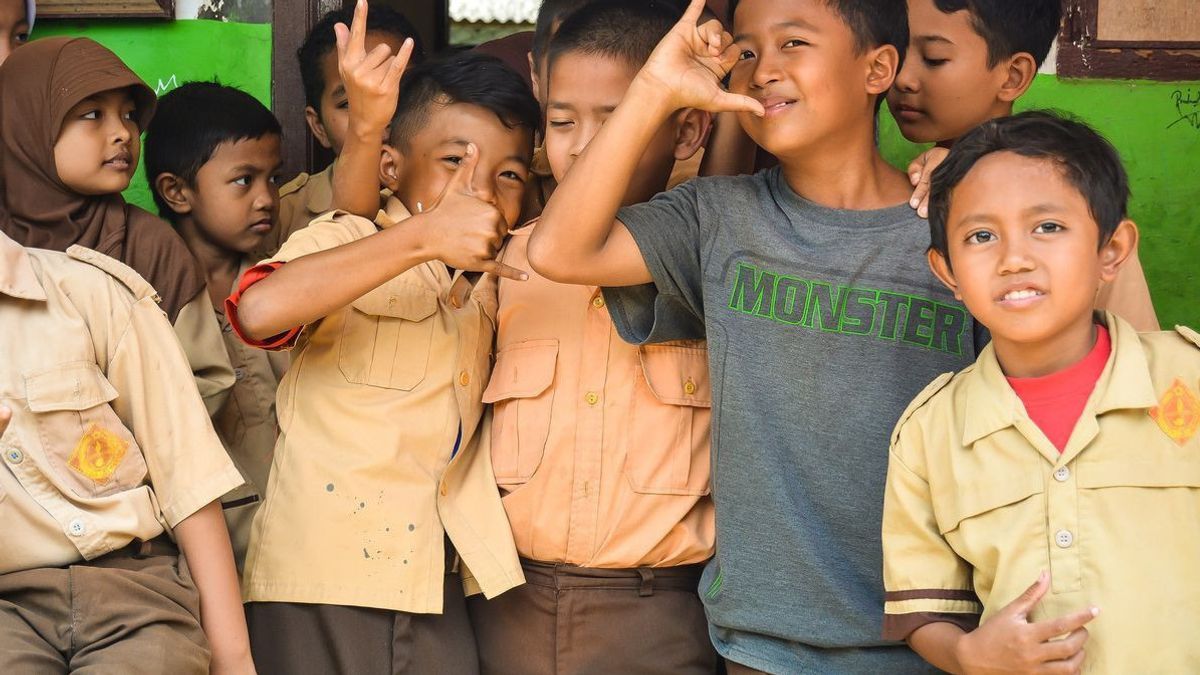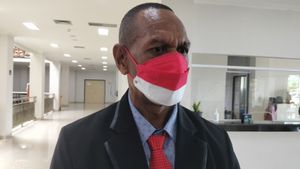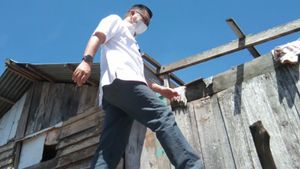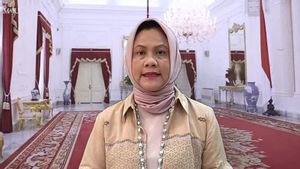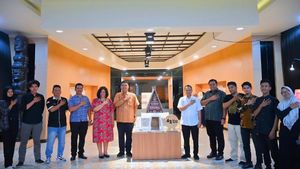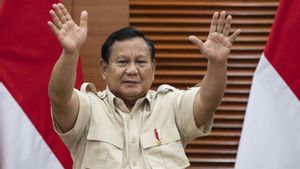JAKARTA - The government is asked to ensure that children who have lost their parents or become orphans due to COVID-19 receive assistance such as the Smart Indonesia Card (KIP), Healthy Indonesia Card (KIS), and the Family Hope Program (PKH).
Commissioner of the Indonesian Child Protection Commission (KPAI) Retno Listyarti hopes that children who have lost their parents in the midst of this pandemic will not be complicated when taking care of the administration needed to get assistance.
"Children who have lost orangutans due to COVID-19 must be ensured that starting from the 2022 APBN and APBD, they are included or receive all assistance in these programs in a way that is not complicated by administration. Only a certificate of death of their parents and a renewed family card where The names of the children are listed," said Retno in a written statement quoted on Sunday, August 22.
According to her, the assistance of the Healthy Indonesia Card (KIS) is needed for these children to ensure the fulfillment of the right to health. "Because it is impossible for children to have to pay BPJS every month and children are also vulnerable to falling ill during their growth period," she said.
Meanwhile, KIP or Smart Indonesia Card assistance is needed to ensure the fulfillment of the right to education at least up to high school (SMA) or equivalent.
Meanwhile, the Family Hope Program (PKH) is needed to meet the needs of daily life, namely buying nutritious food to support children's growth and development.
"Village or residence officials, RT/RW must be moved to assist the administration and data collection of these children," said Retno.
"Help these children in the name of humanity, imagine if your own children experience it, use our conscience and the eyes of our hearts," she added.
In addition, she also asked the government to protect children from the potential of not getting proper care or adoptions that are not in accordance with the provisions of the legislation. This needs to be done to prevent acts of violence against children, early marriage, and even potential victims of human trafficking.
Retno also hopes that the government can provide assistance to children whose parents left their property and inheritance. This needs to be done so that it does not fall into the wrong hands and can be used for the future of the child.
"Children whose parents leave their property and other assets must be accompanied and protected so that the assets left by their parents, including securities and account balances, can be used by the children for their future," she said.
SEE ALSO:
Finally, she hopes that the local government can find out the whereabouts of orphans due to COVID-19 so that they can provide assistance such as daily meals. In addition, psychological assessments need to be carried out in order to recover them.
"Because losing one, especially both parents in a short time, will certainly cause anxiety and fear for the children and this greatly disturbs their mental health," explained Retno.
She further explained, there are a number of regions that have registered children who have lost their parents due to COVID-19. Retno said that in Central there were about 7,756 children, East Java estimated there were 7,000, and Depok City announced around 870 children.
Meanwhile, based on data from the Ministry of Social Affairs (Kemensos) there are 11,045 children whose parents have been left behind due to exposure to COVID-19 as of July 20.
However, she feels that synergy and coordination must still be carried out, driven by the COVID-19 Task Force Team with related ministries. "Continuous updating is very much needed in order to immediately reach and help children who have lost their parents due to COVID," she concluded.
The English, Chinese, Japanese, Arabic, and French versions are automatically generated by the AI. So there may still be inaccuracies in translating, please always see Indonesian as our main language. (system supported by DigitalSiber.id)
